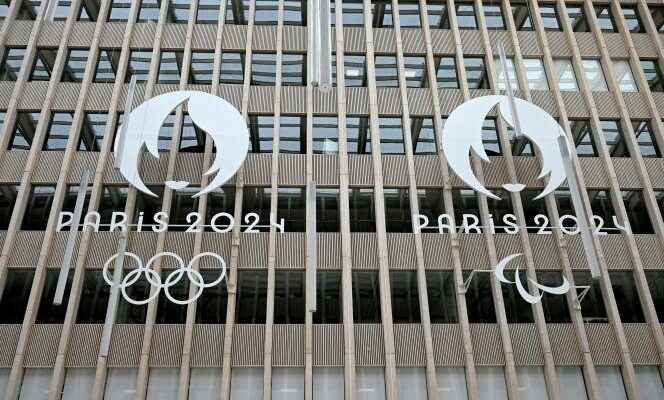The impact on public finances of the organization of the Olympic and Paralympic Games (JOP) in France in the summer of 2024 (from July 26 to August 11 and from August 28 to September 9) is the subject of much attention. , the previous organizing countries having almost all deplored significant deficits.
But, beyond the fact that an unbalanced budget for the event could lead the State to fill the deficit and public expenditure to exceed the sum of 1.7 billion euros currently planned (2.1 billion euros). euros in reality, if we take into account all the commitments), there is a cost for the national accounts which is hardly mentioned: that which will be generated by the tax exemptions.
More than a cost, it will actually be a loss of earnings for the State and local authorities. Because, like other major international sporting events taking place in France, the organization of the Games will benefit from tax exemptions under the amending finance law for 2014.
The sums at stake will certainly not reach billions of euros, but they will amount to millions of euros, as described in the report on the public financial effort in the field of sport, published in the annex to the bill finance for 2023.
This document – also called “budget yellow” – does not yet draw, at this stage, an overall balance sheet perspective (positive or negative) between the lower expected tax receipts and the other tax receipts that the event may generate.
As an indication, the 2016 Football Euro had led to a loss of tax revenue estimated at 65.1 million euros.
Capital losses for local authorities
The loss of tax revenue will largely concern local authorities, under exemptions from the business value added contribution (CVAE), the additional contribution to apprenticeship, the business property contribution and the tax sweep
It is the CVAE which will constitute “the main source of tax loss”according to the report, which adds that, if“it is still premature to accurately estimate the other possible charges”the amounts involved will be “less significant” than for the CVAE.
However, the report assures that “the capital losses linked to the exemptions will be of a much lower order of magnitude” additional revenue generated by the Games (additional VAT revenue from sports ticketing, hospitality revenue or hotel expenses), which “could be between 400 and 600 million euros”
For the Organizing Committee of the Olympic and Paralympic Games (Cojop), on the other hand, there should be no exemption on corporation tax, nor on taxes and duties related to remuneration paid to its employees. There are two explanations for this: the structure does not plan to generate profits and will not be taxable (“the organizers are counting on a balanced result at the end of the delivery of the events”, underlines budget yellow); and as she is subject to commercial taxes, she is not “not accountable” payroll tax.
The official timekeeper of the Games exempt from taxation
The tax shortfall will also come from two other provisions of the tax code: the exemption from royalties collected by the International Olympic Committee (IOC) on Cojop partnerships and the exemptions in favor of the… official timekeeper of the Games.
The royalties paid by the Cojop to the IOC (similar to the organisers) on the basis of income from its marketing program “are exempt from withholding tax”, highlights the budget yellow. The amount of these royalties is estimated at 65 million euros.
On the basis of an exemption from withholding tax fixed at the rate of 5% by the Franco-Swiss international agreement (the IOC being established in Switzerland), this would lead to a loss of tax revenue of 3.25 million euros.
To this sum will be added “about 4 million euros” tax losses due to the fact that “the organization designated as the official supplier of timing and scoring services is not liable for taxes for remuneration received from the Organizing Committee of the Olympic and Paralympic Games”.
It is an article of the finance law for 2020 which introduced this derogation into the general tax code from which the Swiss watchmaker Omega will benefit. That “enables France to respect its commitments to the IOC resulting from the letter of guarantee sent by the Prime Minister to the President of the IOC on August 3, 2016”notes the budgetary yellow.
